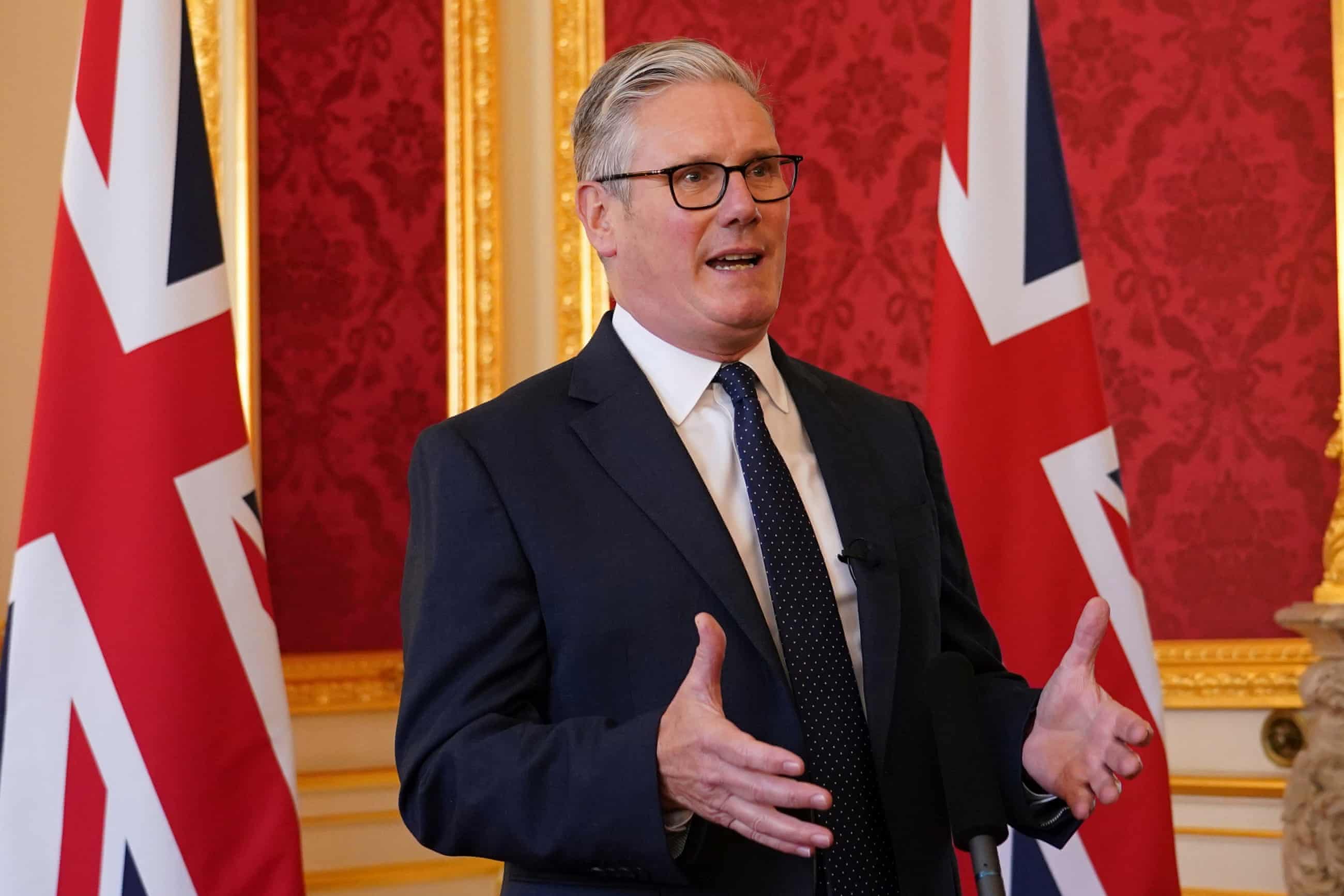France’s chaos is a warning for Britain
The lesson from Paris is that bond markets will not tolerate sky-high debts

Following the resignation of Sebastien Lecornu, Emmanuel Macron, the French president, is now looking for his fourth prime minister in less than a year and his seventh in total.
Lecornu’s sudden departure and the equally quick and brutal market reaction should give every British politician pause for thought.
Yields on French 10-year bonds spiked by around 10 basis points to 3.6pc shortly after the resignation announcement. The spread between French and German borrowing costs widened to its largest level this year, reflecting the fact that investors are now demanding a higher return to lend to Paris in light of the government’s chronic inability to pass a budget that reins in public spending.
As tempting as it is to put all this down to the dysfunctional make-up of the current French parliament, that would be folly. Because the uncomfortable truth is that we in the UK are treading a very similar fiscal and political path, albeit at a slower pace.
Just like in France, the UK Government has failed to deliver policies that reassure markets about fiscal discipline. Rachel Reeves, the Chancellor, may have announced cuts to winter fuel payments and then disability benefits but she was forced to reverse course on both.
The Chancellor has made the situation worse by proving the Labour Party cannot even contemplate spending control. By rushing welfare reform and being forced into an about-turn, she has demonstrably proven this Government’s inability to take this path. Even before all the recent talk of an OBR productivity downgrade, the Government was therefore going to need to put up taxes.
The upshot is that the Government has essentially been knowingly missing at least one of its fiscal rules since the summer. The Office for Budget Responsibility (OBR) said in March that the Government had headroom of just £9bn against its current budget balance rule.
Reeves’s two abandoned benefits changes alone will wipe out two thirds of that. Additional borrowing above and beyond what the OBR forecast easily accounts for the rest, and then some.
Ministers simply doubled down on profligacy at the Labour Party conference. Faced with a £30bn fiscal black hole, the main message was that the government is determined to make it even bigger by spending a further £3.5bn a year on scrapping the two-child benefit cap.
Despite the real-time lesson from across the Channel, Labour are not even close to understanding the fiscal risks inherent in our current spending and borrowing trajectory.
Nor apparently is Reform UK. Nigel Farage’s party has proposed massively increasing spending on welfare and various costly nationalisations.
An election fight between Labour and Reform will therefore not be one that fills the bond markets with much joy.
So, there is clearly space for a party willing to demonstrate genuine fiscal restraint. Hence, it is encouraging to see Sir Mel Stride, the shadow chancellor, set out a series of spending cuts this week.
There will no doubt be arguments about how achievable the level of savings proposed are but restricting benefits, cutting civil servants and slashing the aid budget would undoubtedly raise meaningful sums.
Having now identified savings, the big test for the Conservatives will be what they do with them. As tempting as it is to spend the money elsewhere, they mustn’t splurge it all on announcing tax cuts.
Already we’ve heard about plans to scrap business rates for pubs and restaurants and introduce a £5,000 National Insurance rebate for young people, which would cost nearly £7bn.
It should be pointed out that we’re not yet at the end of their party conference, meaning more giveaways could be to come. Add all this to the existing pledges on the family farm tax and VAT on private schools and these giveaways start to mount up.
The lesson from Paris is that bond markets will not tolerate sky-high debtsand profligate spending indefinitely. Governments must do more than just nod to fiscal restrain if they want to avoid a market blow-up.
The Tories should limit further announcements and preserve a significant amount of fiscal firepower to oppose whatever tax rises the Chancellor announces next month.
Because without their own fiscal headroom room to oppose these plans, the Tories will be simply accepting a baseline of even higher tax, higher spending and higher borrowing.
If that ends up being the case, politicians from across the spectrum and the country will have ignored the warning signs from France and we would be left without the option to pick a fundamentally different fiscal approach.
[Source: Daily Telegraph]





















































